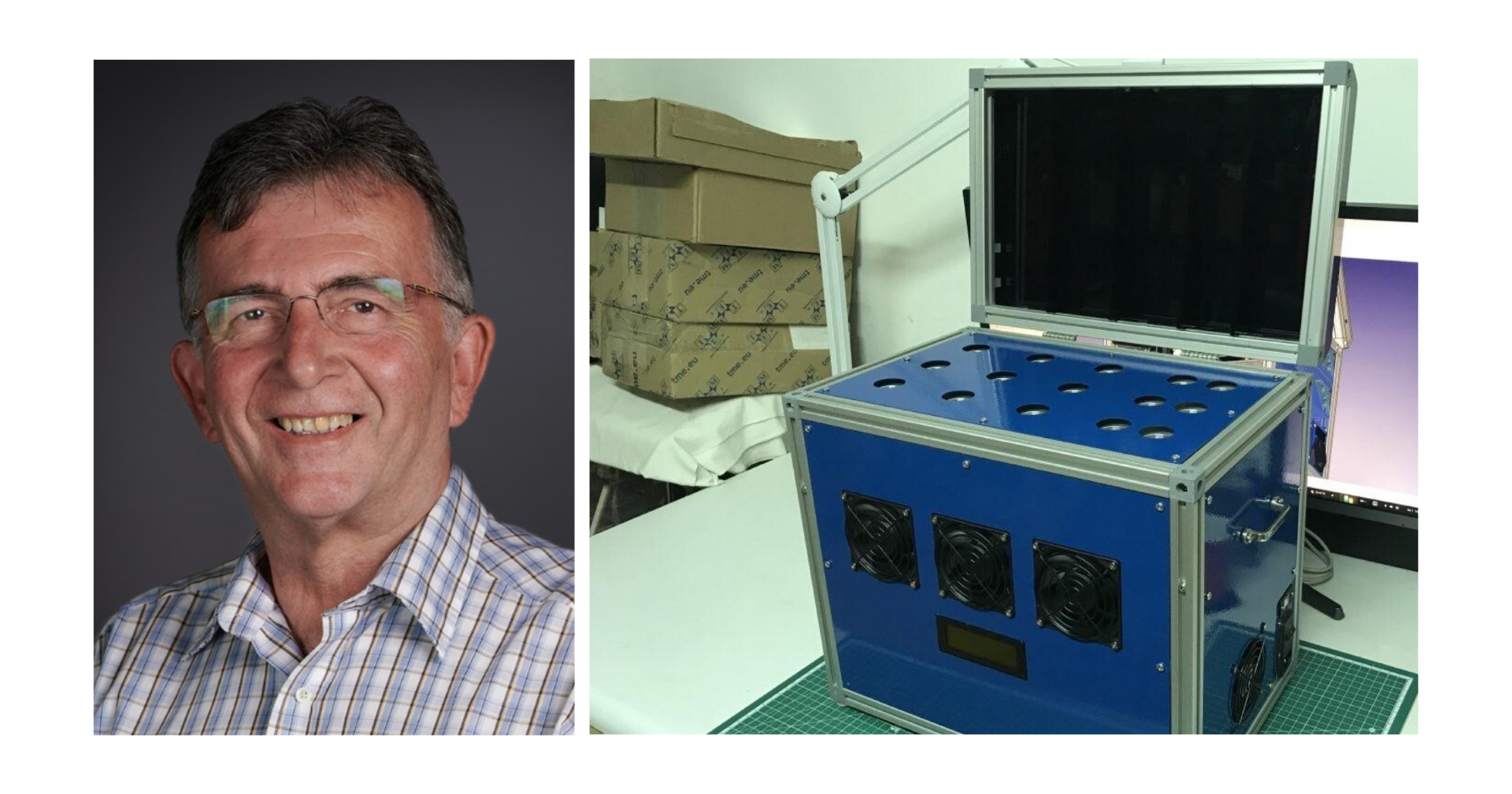Dr. Staša Puškarić leads the development of groundbreaking marine research technology
Dr. Staša Puškarić, our faculty member at the Zagreb campus of RIT Croatia, has spearheaded an innovative project that stands to revolutionize not only the study of primary productivity in marine environments but also the global fight against climate change. Collaborating with an international team of experts, including our alumnus Mateo Sokač, Puškarić has introduced the AI-Light Spectrum Replicator (LSR), a pioneering tool designed to simulate in situ light conditions with unparalleled precision.
The LSR addresses a critical need in oceanographic research: the accurate replication of the light spectrum found at specific ocean depths, which is essential for studying photosynthetic processes and carbon cycling in marine ecosystems. These processes are integral to understanding and mitigating the effects of global warming, as the ocean plays a crucial role in sequestering carbon dioxide—a major greenhouse gas driving climate change. Traditional methods of measuring primary productivity often struggle to account for the complexities of light and temperature variations in the ocean, leading to potential inaccuracies in data. The LSR, however, overcomes these challenges by utilizing cutting-edge AI technology to replicate the light spectrum with remarkable accuracy.
The system integrates advanced LED technology with artificial intelligence algorithms, allowing it to simulate the light conditions of different ocean depths in a controlled laboratory setting. This capability enables researchers to conduct highly accurate and efficient primary productivity measurements, which are crucial for understanding the role of marine ecosystems in global carbon cycles. By enhancing the precision of these measurements, the LSR contributes to a deeper understanding of how marine environments can be leveraged to combat global warming.
More information about on AI-Light Spectrum Replicator can be found in Dr. Staša Puškarić’s article published in a top-tier Scopus and WoS-indexed Journal of Marine Science and Engineering. The article has also been picked up by Science Featured, a site that spotlights the latest and most groundbreaking discoveries. Their content is meticulously selected from pioneer scientists, esteemed universities, and leading research organizations from around the globe. Read the feature here!










